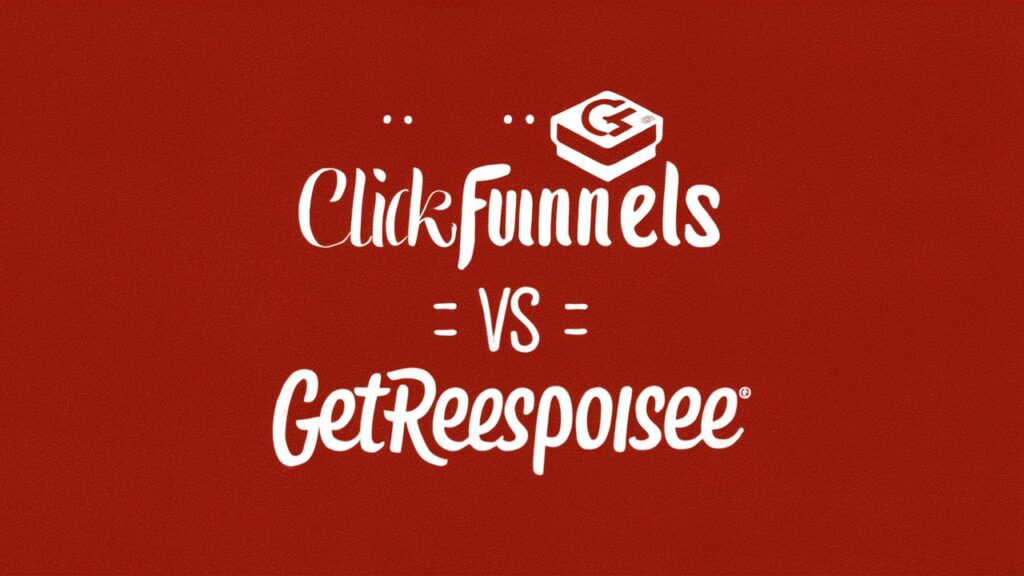The eternal debate! Both ClickFunnels and ConvertKit are popular marketing automation tools, but they serve different purposes and cater to different needs. Let’s break down the key differences and help you decide which one is right for you.
ClickFunnels:
ClickFunnels is a sales funnel builder that allows you to create landing pages, sales pages, opt-in forms, and other marketing assets to attract and convert visitors into customers. It’s primarily designed for entrepreneurs and businesses that want to create a sales funnel to sell products or services.
Pros:
- All-in-one platform: ClickFunnels offers a comprehensive suite of tools to create and manage your sales funnel, including email marketing, payment gateways, and affiliate management.
- Visual builder: ClickFunnels has a user-friendly drag-and-drop editor that makes it easy to create professional-looking landing pages without coding knowledge.
- Robust integrations: ClickFunnels integrates with various third-party apps and services, such as email marketing tools, CRM systems, and e-commerce platforms.
Cons:
- Limited email marketing features: While ClickFunnels has some email marketing capabilities, it’s not its primary focus. You may need to use a separate email marketing tool for more advanced features.
- Steep learning curve: With so many features, ClickFunnels can be overwhelming for beginners.
- Cost: ClickFunnels is a more expensive option, especially if you’re just starting out or have a small list.
ConvertKit:
ConvertKit is an email marketing platform designed specifically for bloggers, podcasters, and online creators who want to build an email list and nurture their audience. It’s ideal for those who focus on digital products, courses, or membership sites.
Pros:
- Email marketing focus: ConvertKit is built for email marketing, offering advanced features like automation workflows, customizable templates, and segmentation.
- Simple pricing: ConvertKit has a more straightforward pricing plan that scales with your list size.
- User-friendly interface: ConvertKit’s interface is easy to navigate, even for those without extensive technical experience.
Cons:
- Limited scope: ConvertKit is primarily an email marketing tool and doesn’t offer the same level of sales funnel building capabilities as ClickFunnels.
- Limited integrations: While ConvertKit integrates with some third-party apps, its integration options are limited compared to ClickFunnels.
Recommendation:
If you’re looking for a comprehensive sales funnel builder that can help you create landing pages, sales pages, and optimize your conversion rates, ClickFunnels might be the better choice.
However, if you’re primarily focused on building an email list and creating targeted campaigns to nurture your audience, ConvertKit is an excellent option. 30 Best Selling WordPress Themes
Here’s a simple way to decide:
- Ask yourself:
- Do you need a sales funnel to sell products or services? (ClickFunnels)
- Are you focused on building an email list and creating targeted campaigns? (ConvertKit)
- Evaluate your goals:
- Are you looking for an all-in-one platform with sales funnel building capabilities? (ClickFunnels)
- Do you prioritize email marketing features like automation workflows and segmentation? (ConvertKit)
Ultimately, consider your specific needs and choose the tool that best aligns with your business goals and objectives.



